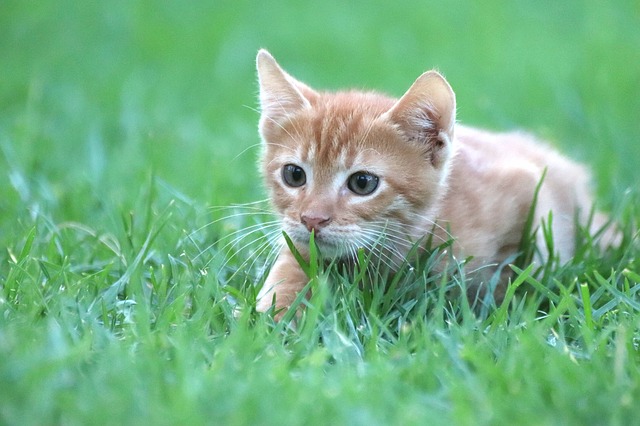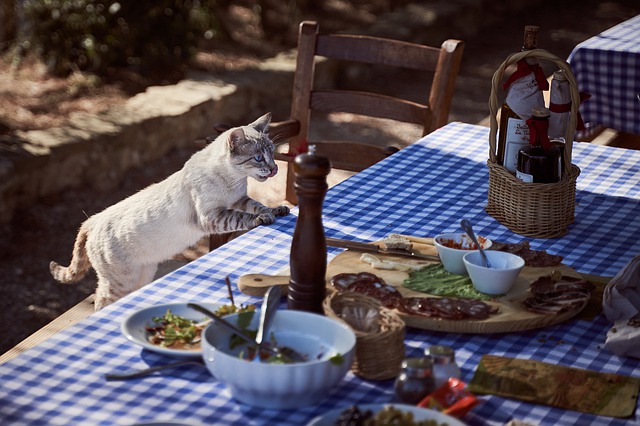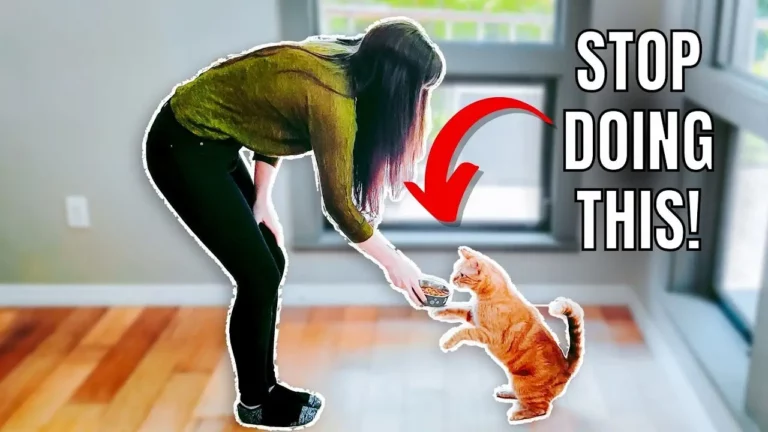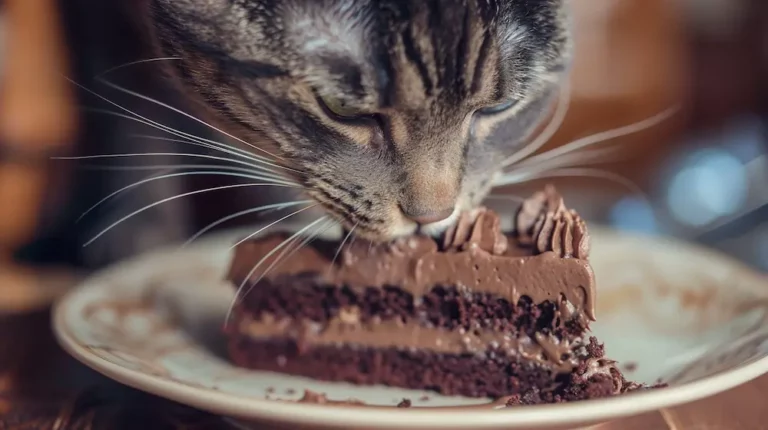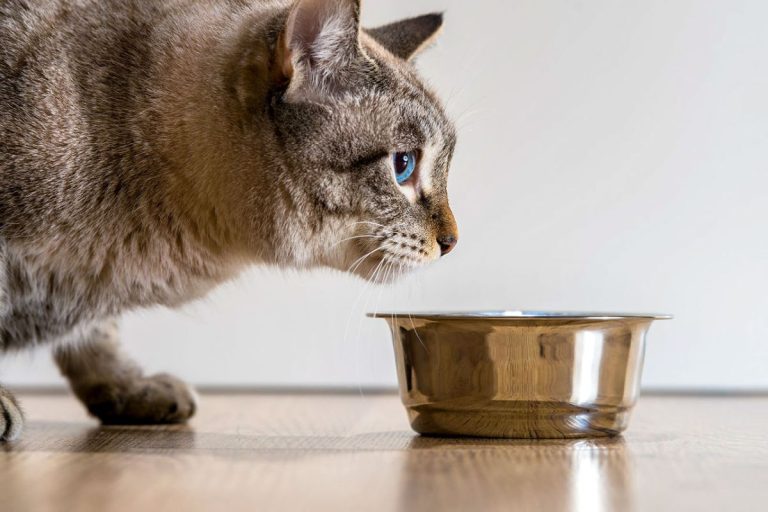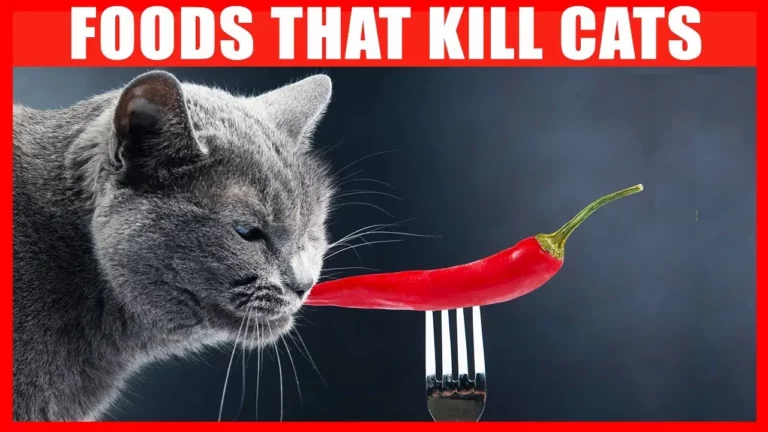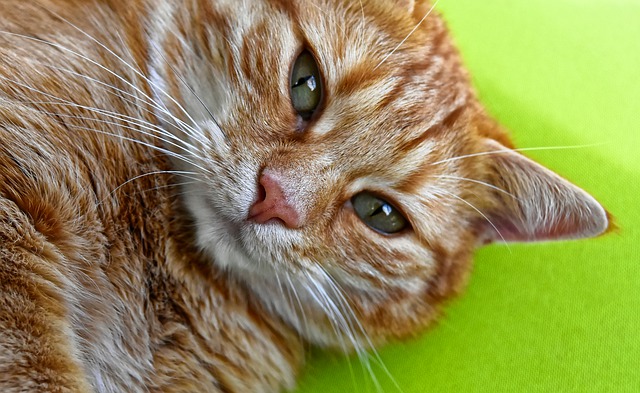Are Grains Bad for Cats?
So, is it true? Are grains bad for cats?
Cat diet is contrary to the food consumption of humans. While muscle builders may eat more proteins, most of us favor a balanced diet of carbohydrates (bread and grains), vegetables, fruits, and dairy. Cats, on the other hand, fare better on a high-protein diet. As domesticated cats live more on commercial
One matter of debate among
Grains in dry food
Grains are not always and should not be the main ingredient in
In the wild, cats get their energy source from consuming animal protein which allows them to fast longer and prepare for their next hunt. When you compromise meat requirements with carbs, it results in less satiety so cats get hungry faster. If you want to avoid foods with grains completely, there is a whole list of great grain-free cat foods.
Wet
Are grains cat allergens?
Do cats get allergies from grains? Such is a question we ask ourselves especially if we are considering a gluten-free diet. PetMD says that food allergies from grains are not as likely as allergies resulting from dairy, fish, and beef consumption. Fish, eggs, and milk are also common allergens. However, in rare cases, corn may still be responsible for food allergies in cats.
There are issues with corn that are more apparent in majority of cats. While some would argue that fiber in grains are optimal for gut health, if you look at what vets feed their cats, you will find that it’s not so. Vets know that corn can lead to bloating, gas, ulcers, acid buildup, and digestive problems. Cats shouldn’t eat corn and corn gluten meal because they can’t digest these.
Starch as binders
Cereal flours and refined starch—that is cereals grounded into flour are used to bind the ingredients as well as to bulk up pet food. Cereal grains reduce the need to add plenty of meat, even if the pet food manufacturer uses only meat by-products (organs and sometimes, carcasses and contaminated meat).
Grain cereals increase profits for pet food makers at the expense of our cats. Such food has little nutritional value and empty calories loaded with refined sugar.
Final verdict
In the wild, cats can eat small amounts of plant material when consuming fresh meat. However, their grain consumption remains limited. Grain consumption should not be an issue if you sometimes give your
